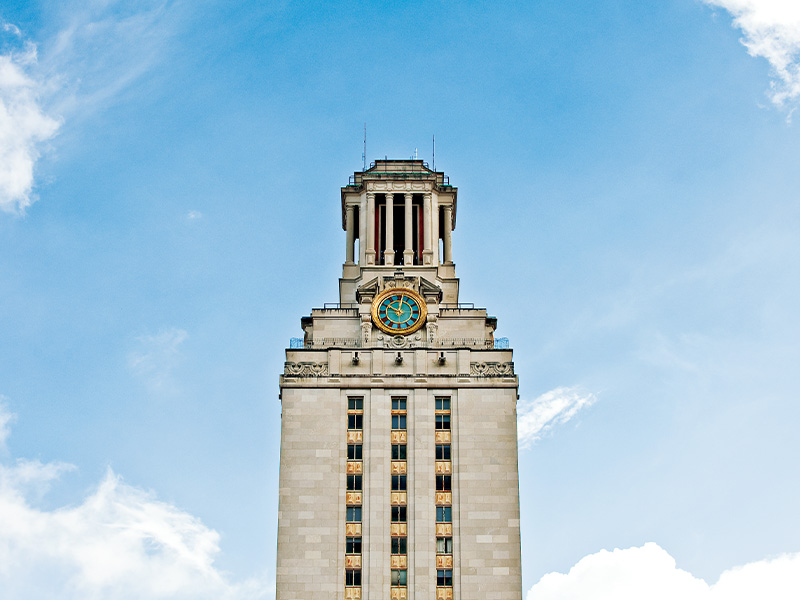Texas Engineer Collaborates to Advance U.S. Army Vehicle Technology

Earlier this year, mechanical engineering professor Delbert Tesar, director of the Robotics Research Group and the Carol Cockrell Curran Chair in Engineering at The University of Texas at Austin, hosted key members of industry and multiple U.S. Army engineers and lab personnel for a two-day workshop aimed at enhancing Army battlefield technology and keeping our servicemen and servicewomen safer.
Tesar, who is an expert in intelligent mechanical technology systems and past winner of the World Automation Congress’ Lifetime Achievement Award, led over eight hours of panel discussions, lectures and collaborative strategy sessions with key representatives from the U.S. Army, Raytheon, National Instruments, Bell Helicopters and General Dynamics, among others.
The workshop addressed Tesar’s latest research, which he characterizes as “The Next Wave of Technology,” that presents a vision for the future of mechanical engineering and illustrates a new revolution in mechanical systems — based on electro-mechanical actuators with plug-and-play replacement possibilities — that would create more intelligent machines. If this technology can be applied to combat vehicles, he says, it could transform our military.
“As a result of the comprehensive discussions at our workshop, the Army now has a reasonable awareness of how we can revolutionize their battlefield platforms and assist our country’s commercial vehicle industry,” Tesar said.
Workshop discussions examined how Tesar’s actuator technology could impact system architecture and performance in various applications, and focused on issues of initial and sustained funding, potential U.S. Army requirements for the next two decades, the role of industrial contractors and engaging the transport industry to begin developing advanced commercial products.
“Our goals for these two days were simple: to fully explain our technology, to engage some of this country’s most important organizations and decision makers and to take steps to prototype the technology and transfer it out of UT Austin and into the field — where it would do the most good,” Tesar said. “I think we accomplished that, and we were extremely proud to host our partners from the U.S. Army and many other leading technology companies.”
The workshop took place Jan. 20-21, 2015, in the MER Support Building on UT Austin’s J.J. Pickle Research Campus.
